News
Dubai Robot Maker To Triple Workforce And Build New Plant
Micropolis is preparing for a $37 million New York Stock Exchange listing that will help the company deliver 350+ robots a year.
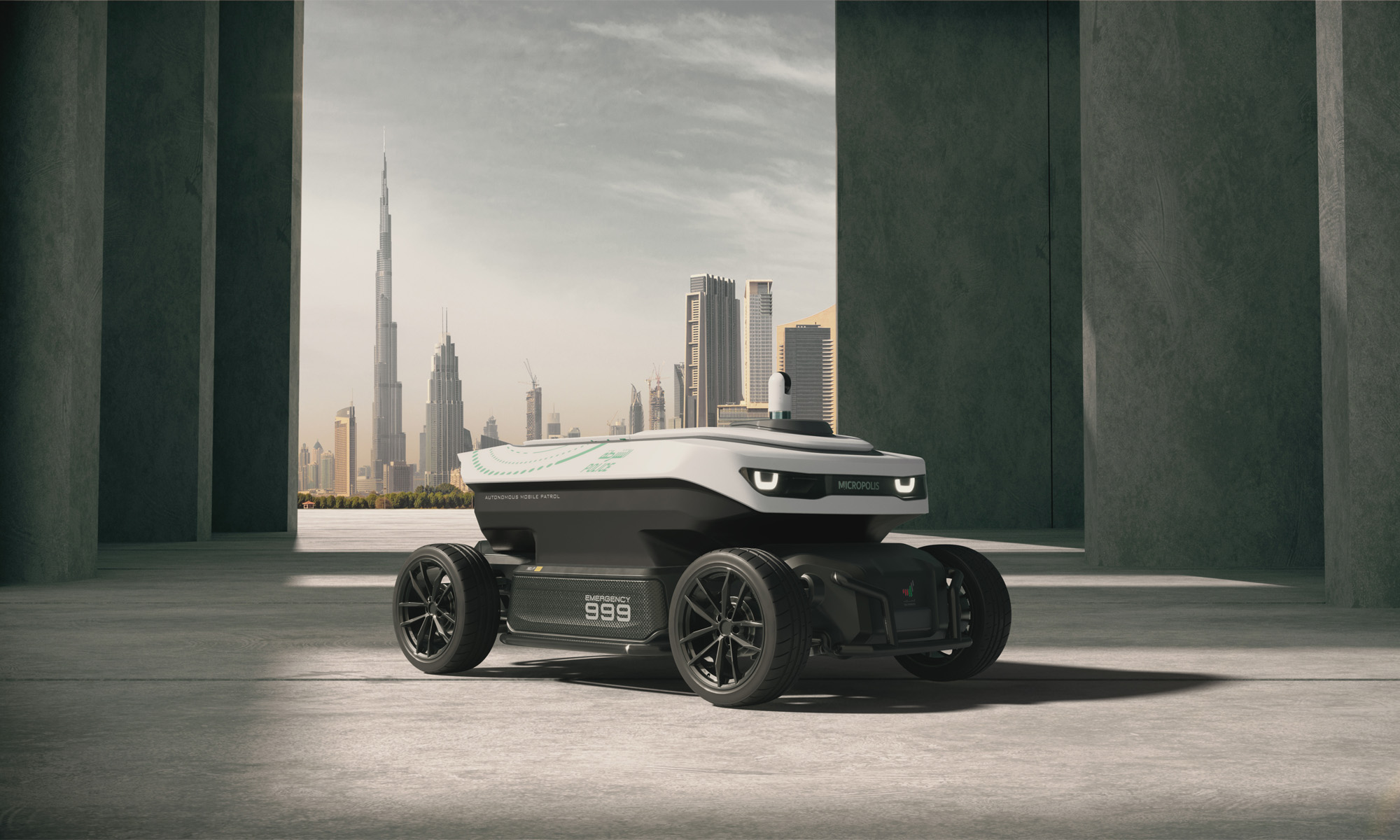
Micropolis, a Dubai-based manufacturer specializing in autonomous mobile robots, plans to construct a new production plant and triple its workforce using cash from an upcoming New York Stock Exchange listing.
Once operational in Dubai Production City, the Micropolis factory plans to produce one robot a day to meet a growing customer demand.
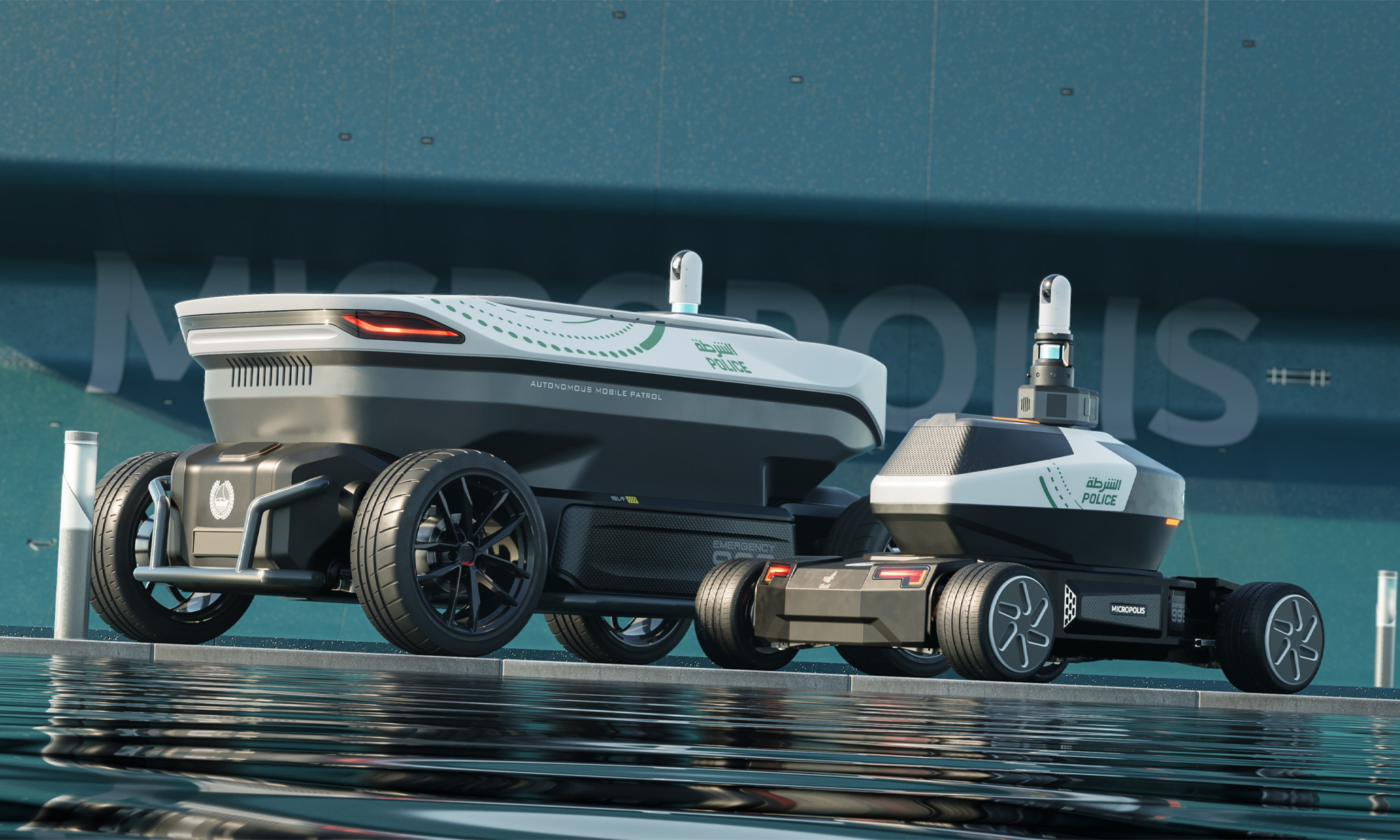
Micropolis currently produces two autonomous robots: a golf cart-sized machine known as the M1 and a smaller M2 model which both use the same platform that combines autonomy and advanced AI features.
In 2018, Dubai’s police department became interested in the technology being developed by Micropolis and commissioned an autonomous mobile robot (AMR) featuring AI to help survey areas and improve crime prevention.
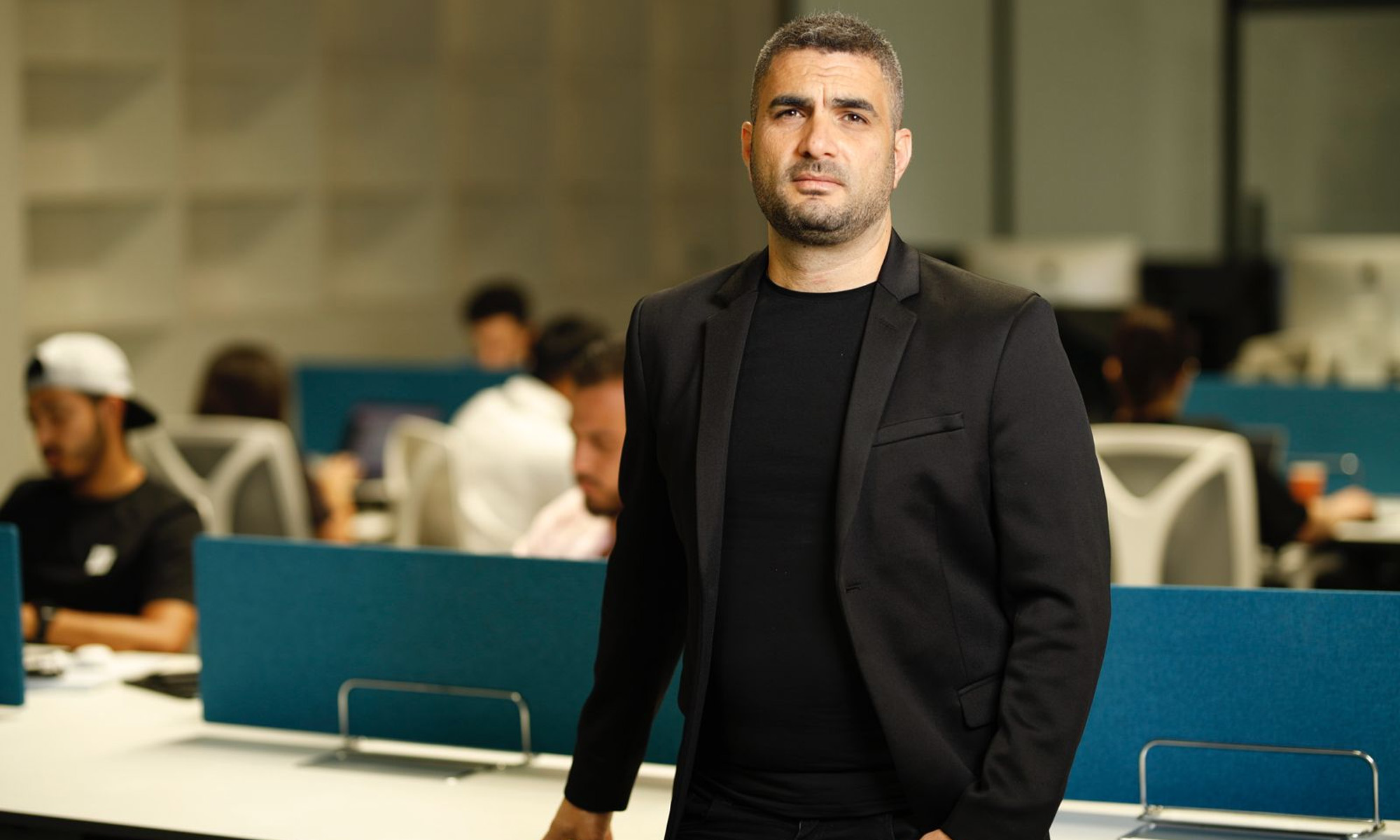
“We have software developed in-house called Microspot, equipped with five AI engines – facial recognition, behavior analysis, ANPR [automatic number-plate recognition], criminal logic, and suspect matrix. It makes the robot drive like a patrol car and think like a police officer. It reports suspicious activity, and Dubai Police can scan and keep an eye on communities 24 hours a day,” explained Fareed Aljawhari, Micropolis founder and CEO.
A smaller version of the robot will be trialed in April 2024 before being introduced to more areas later in the year.
Also Read: meta[bolic] And ŌURA Partner To Manage Metabolic Disease
Micropolis robots have also shown potential in the oil and gas industries for pipe surveillance and can also be used to collect and sort garbage. Meanwhile, Neom, Saudi Arabia’s futuristic mega city, is interested in using similar security robots to one developed for Dubai Police.
Since 2018, Micropolis has raised over $8 million in funds from overseas investors and is expected to raise another $37 million from an imminent New York Stock Exchange listing.
News
HiFuture Wraps Up Successful GITEX GLOBAL 2024 Appearance
The electronics company wowed audiences at the world’s largest tech event with a range of wearable and smart audio devices.
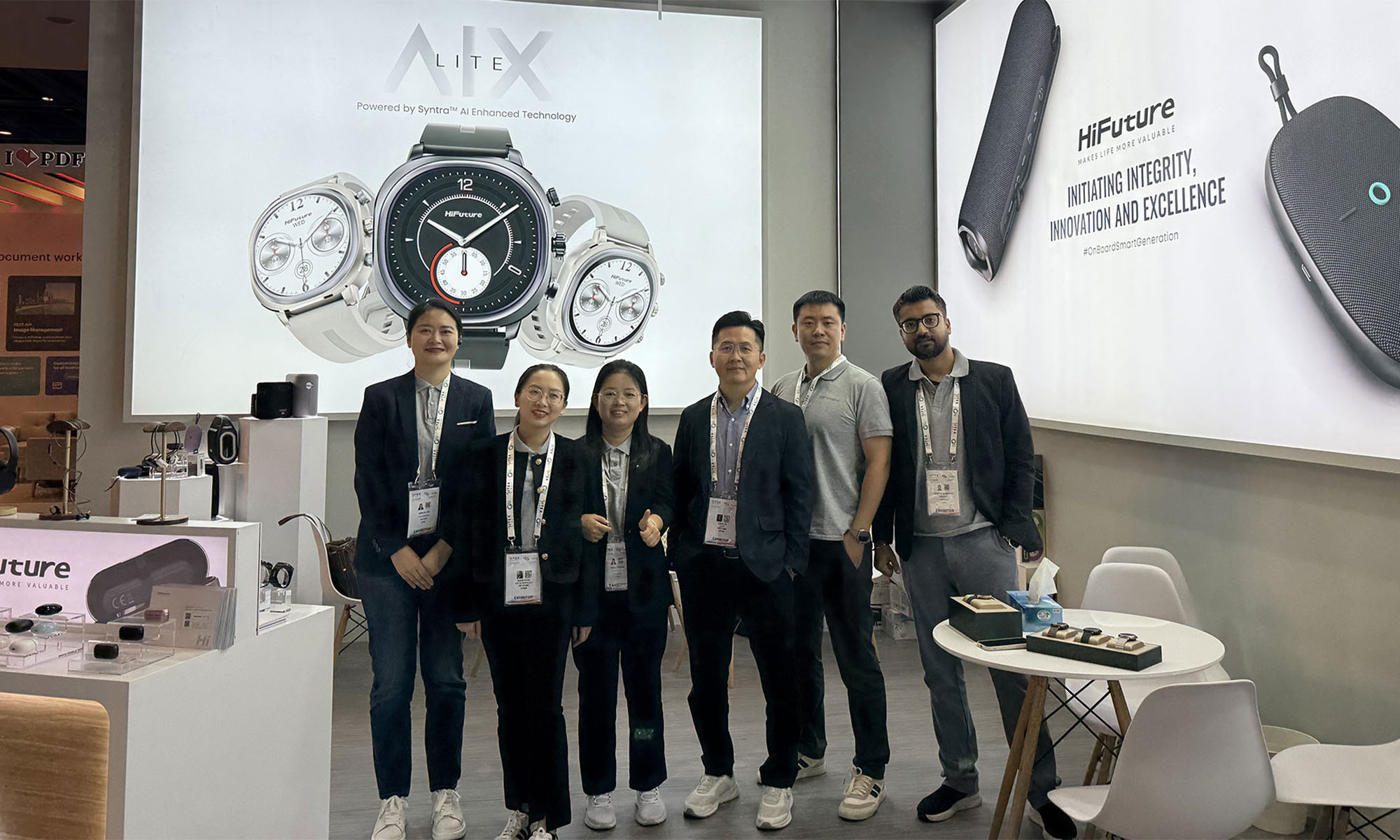
This year’s GITEX GLOBAL 2024 in Dubai saw a huge number of startups, electronics firms, and innovators from around the globe gather for the tech sector’s largest event of its kind. One company making waves at this year’s expo was Chinese tech group HiFuture, which showcased a range of products with a focus on wearable technology and smart audio.
At the HiFuture booth, the company captivated attendees with cutting-edge smartwatches like the ACTIVE and AURORA, along with a range of powerful wireless speakers, earbuds, and even smart rings. Visitors were eager to check out the sleek new designs on offer and even had the chance to test out some of the products themselves.
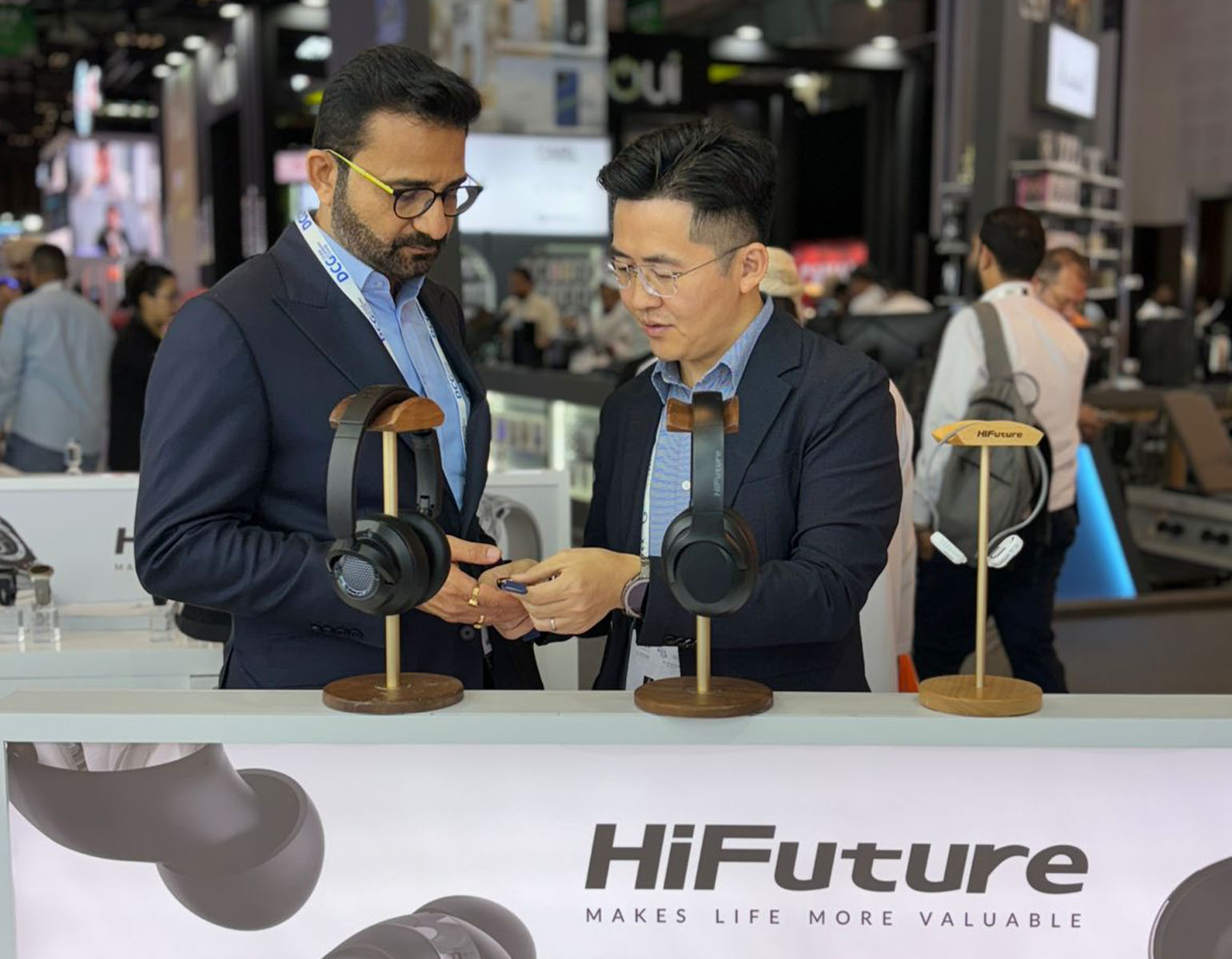
Among the highlights were smartwatches combining dual-core processors with customizable options. The devices blended style and technology, offering health monitoring capabilities, personalized watch faces, and advanced AI-driven functionalities, giving attendees a taste of the future of wearable technology.
On the audio front, HiFuture’s wireless speakers left a lasting impression, offering rich, immersive sound in compact, portable designs. These speakers cater to both intimate gatherings and larger celebrations, offering versatility for users. Meanwhile, the company also showed off its Syntra AI technology, which it claims “revolutionizes health and fitness tracking by combining advanced optical sensors with intelligent algorithms for precise, real-time insights”.
Also Read: How (And Why) To Start A Tech Business In Dubai
The presence of HiFuture’s leadership team at GITEX 2024 underscored the importance of this event for the company, with CEO Levin Liu leading a team of executives, all keen to engage with attendees and offer insights into HiFuture’s vision, product development process, and future direction.
Overall, it seems that GITEX GLOBAL 2024 has been a rewarding experience for HiFuture. The enthusiasm and curiosity of attendees shown to the company’s diverse range of products was obvious, with the HiFuture team leaving on a high note and clearly excited and motivated by the event.




























